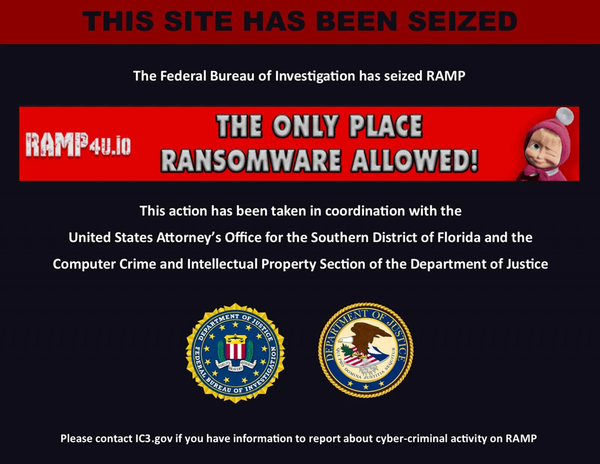Thai police blew up a Myanmar cyberscam compound
FCC blocks more Chinese-made devices, Hacking Team successor surfaces, Aisuru botnet overhauled to rent out IoT devices, Herodotus Android trojan mimics human behavior, Ad giant's subsidiary exposed data in cyber incident, CBP searches more devices than ever, ICE is becoming a spymaster, much more





